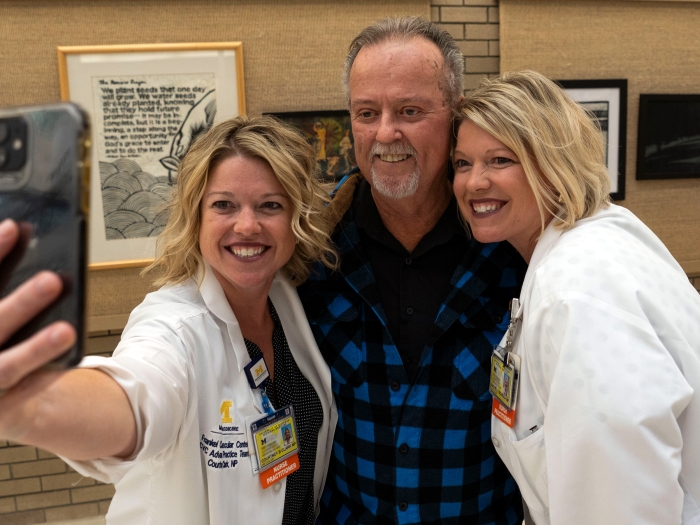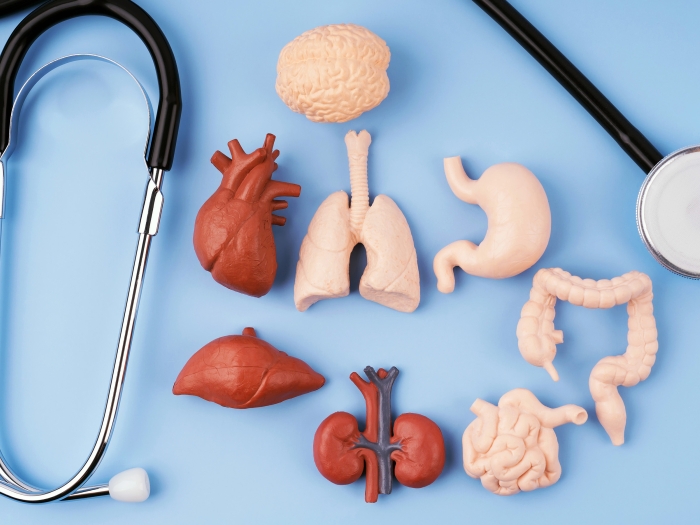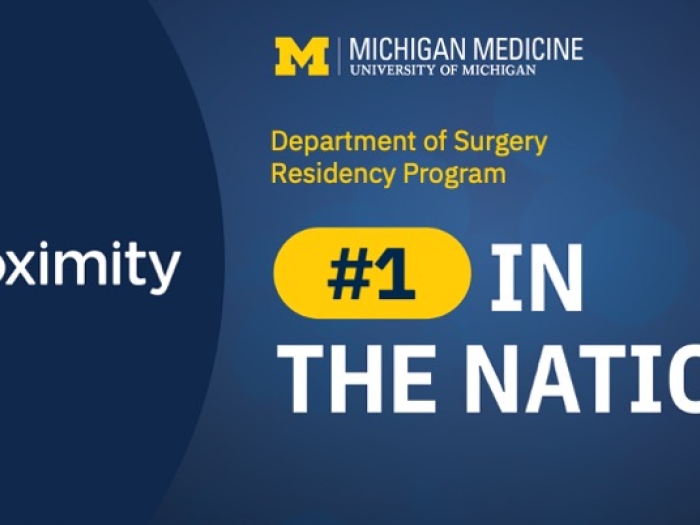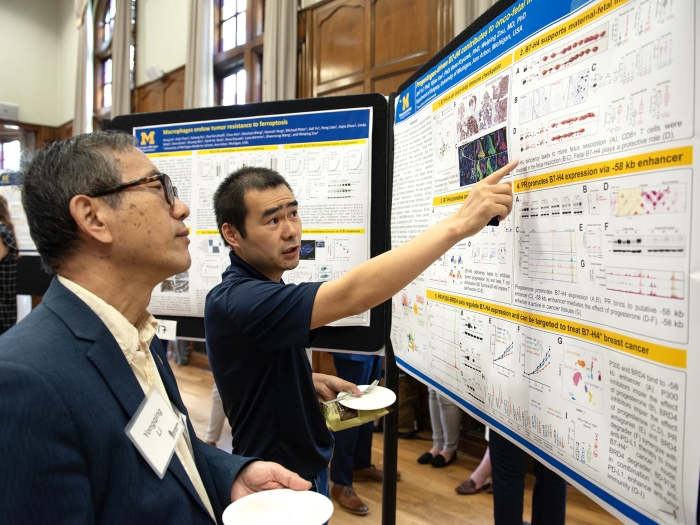
Since we performed the first transplant in Michigan, we have grown to be the largest transplant program in the state of Michigan and one of the largest in the nation.
We are dedicated to leadership in the development of innovative techniques, to improvement in the quality of life for organ transplant recipients, to education programs related to transplantation, and to enhanced organ donation awareness aimed at improving the availability of organs.
The University of Michigan Transplant Center's mission is to:
- Provide outstanding multi-disciplinary and integrated clinical care through the full continuum of progressive organ failure and transplantation
- Foster fundamental scientific discovery and innovative translational research in transplantation
- Develop future physician and scientific leaders in transplantation, and build referral base capability to manage patient populations
- Provide public policy leadership related to organ donation, progressive organ failure and disease prevention
Transplant surgery began as a high-risk experimental procedure and has evolved into a successful and life-giving medical therapy in part thanks to the healthcare advances developed here at Michigan. Beginning with the first transplant in Michigan in 1964, we currently rank as one of the top transplant centers nationwide in the numbers of living donor transplants.
We are among the few teams in the nation equipped to offer vascularized composite allograft transplants, for transplants of the face and abdominal wall. We also perform transplants of the kidney, pancreas, liver, lung, cornea, and bone marrow.
We are dedicated to training the future leaders in our field, beginning with nurturing a pipeline for undergraduate and medical students, many of whom go on to train as surgical residents.
Our highly competitive Transplant Surgery Fellowship Program emphasizes increasing independence and multidisciplinary collaboration as fellows learn to support patients through the entire lifecycle of care, from preoperative evaluation through post-transplant care and immunosuppression. By the time fellows graduate, they will have the expertise and the leadership skills to guide junior team members through transplant procedures.
Beginning in the 1990s, we studied B cell responses to organ transplantation, now widely recognized as the most vexing biological hurdle to the long-term success of transplanted kidneys, hearts, and lungs. Today, we’re one of the few programs nationwide to link discovery with personalized medicine, as researchers explore questions that evolve from clinical practice.
The Michigan Promise aims to empower faculty members and residents in the Department of Surgery to achieve professional success. We support initiatives connected to environment, recruitment, leadership, achievement, innovation and outreach.
- For our clinic information, specialty clinics, procedure information and more, please visit the Transplant Surgery section on UofMHealth.org.
- Michigan Medicine Patient and Visitor Guide





